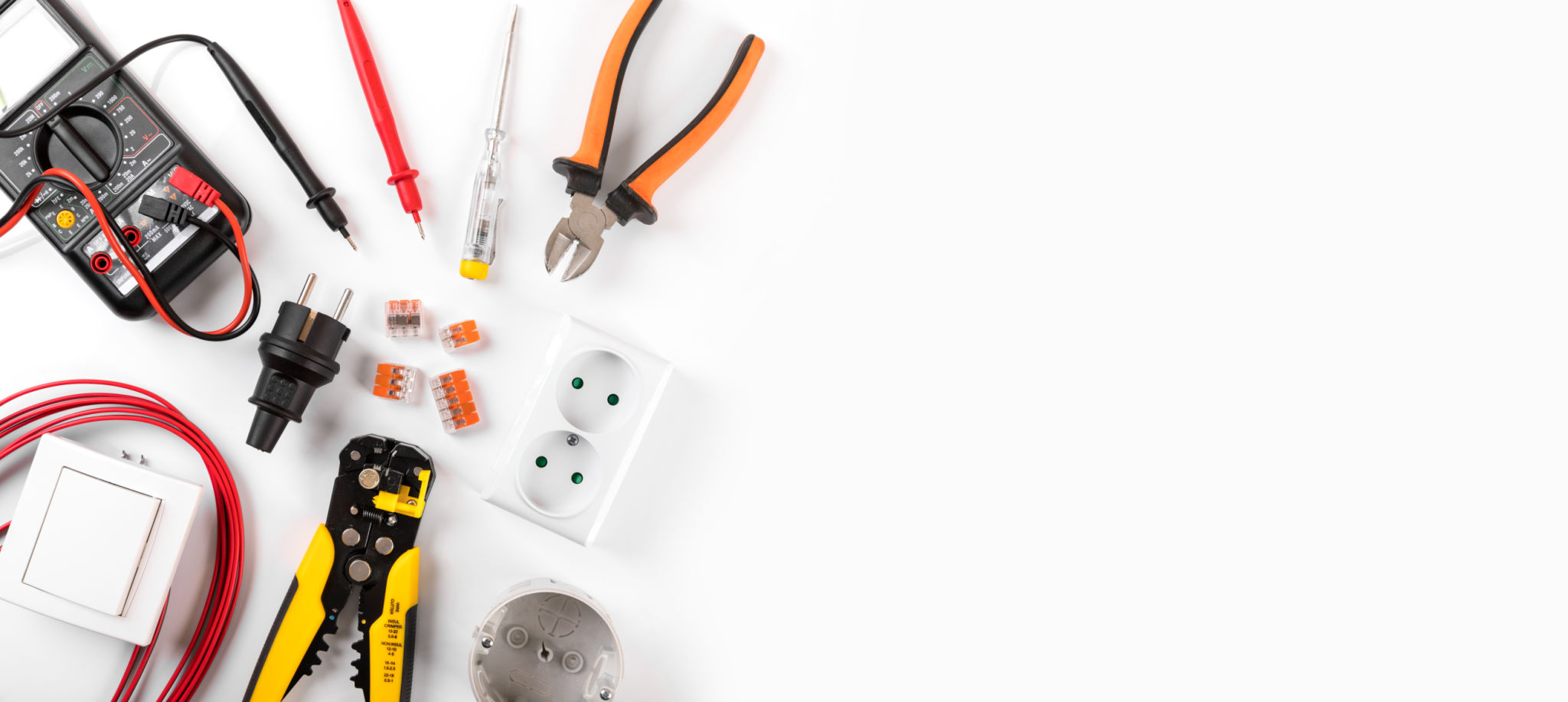DIY Electrical Safety Tips for Columbia Homeowners
Understanding Electrical Safety Basics
When tackling DIY electrical projects, safety should always be your top priority. Electricity can be dangerous if not handled properly, and understanding the basics of electrical safety can help prevent accidents. Before you start any project, familiarize yourself with the main components of your home's electrical system, such as the circuit breaker, outlets, and wiring. Knowing how these work together will give you a better understanding of what you're dealing with.
A crucial first step is to always switch off the power at the circuit breaker before starting any electrical work. This simple precaution can help prevent shocks or other injuries. Additionally, use a voltage tester to ensure that the power is truly off before proceeding.

Using the Right Tools and Equipment
Having the right tools and equipment is essential for any DIY project, especially when it comes to electrical work. Invest in a good set of insulated tools, as they are specifically designed to protect against electric shocks. Some key tools you might need include wire strippers, pliers, screwdrivers, and a voltage tester.
Remember to wear safety gear, such as goggles and gloves, to protect yourself from potential hazards. Additionally, ensure that your ladder is stable and non-conductive if you're working at height or near power lines.
Identifying Common Electrical Issues
Columbia homeowners often encounter common electrical issues such as flickering lights, tripped breakers, or faulty outlets. Identifying these problems early can prevent more significant issues down the road. For flickering lights, check if the bulb is loose or if there's an issue with the fixture itself. If a breaker keeps tripping, it might be due to an overloaded circuit or a short circuit. A faulty outlet might require replacement or could indicate a more substantial wiring problem.

Safe Wiring Practices
When dealing with wiring projects, following safe practices is essential. Always use wires that are rated for the specific current they will carry and never overload circuits with too many connections. When making wire connections, ensure they are secure and use wire nuts to prevent exposure of bare wires.
If you’re adding new fixtures or outlets, consult local building codes to ensure compliance with regulations. This is important not only for safety but also for maintaining your home’s value.
Knowing When to Call a Professional
Even the most experienced DIYers sometimes need to call in a professional electrician. If you encounter a problem that's beyond your expertise or comfort level, it's best to consult an expert. Complex issues like rewiring an entire room or dealing with the main electrical panel should always be handled by a licensed professional.

Regular Maintenance and Checks
Regularly inspecting your home's electrical system can prevent many issues. Make it a habit to check for frayed wires, loose outlets, or any signs of wear and tear. Ensure all light fixtures and appliances are functioning correctly and that smoke detectors are operational.
By staying proactive with maintenance and conducting periodic checks, you can ensure the longevity and safety of your home's electrical system. Taking these precautions will not only keep your home safe but also give you peace of mind.